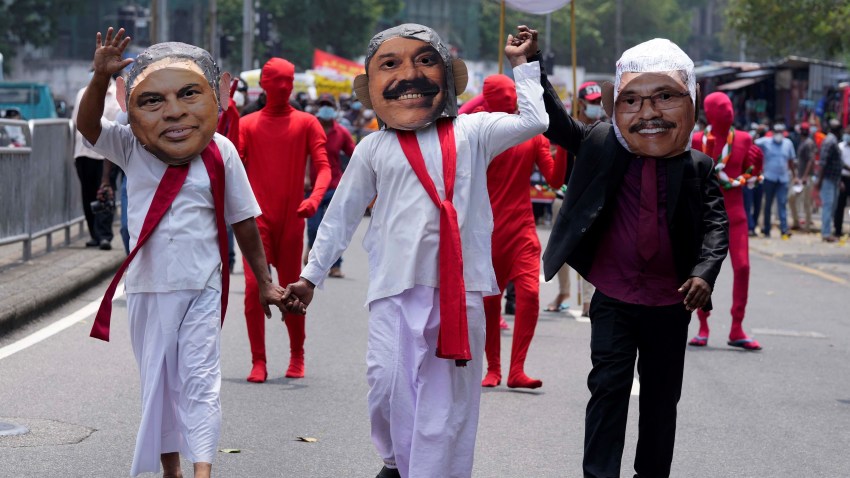The sequence of global events of the past few years has triggered economic and political crises across the globe. But nowhere was the upheaval more dramatic than in Sri Lanka, where the economy spiraled into an abyss and protesters took to the streets, forcing key members of the Rajapaksa family, which had dominated the island’s politics for years, to flee in fear.
As the country tries to regain its footing with international support, legislators have introduced changes to the constitution, limiting the power of what was a dominant presidency, arguably one of the reasons the economy collapsed in such spectacular and painful fashion.
The question is whether Sri Lanka will be able to implement reforms that would be significant enough to prevent another disaster in the future.

